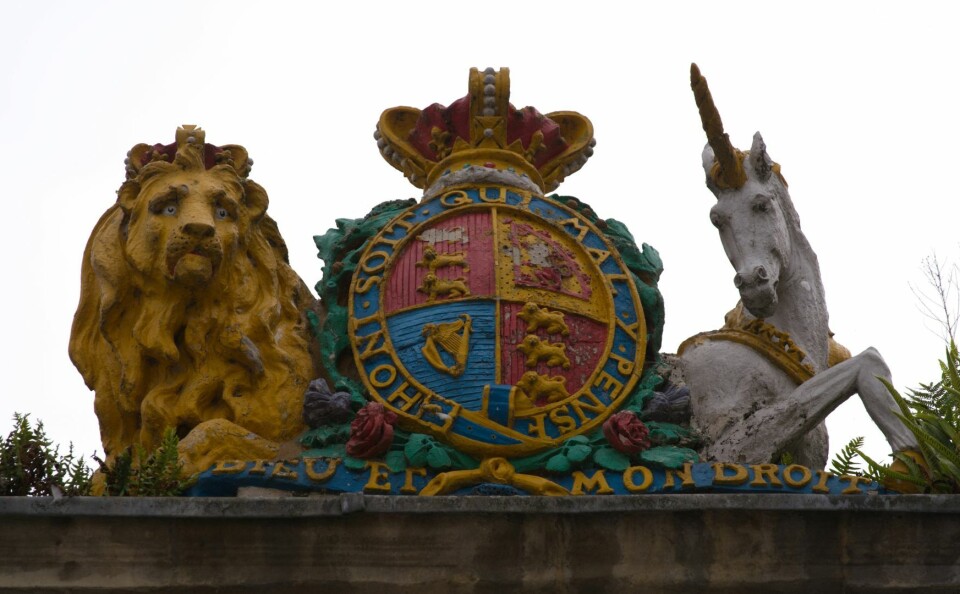-
Learning French: what does comme par hasard mean and when should it be used?
A sarcastic saying to describe something unsurprising or coincidental
-
Can you master these 10 French tongue twisters?
As well as being a fun party trick, these can help you master pronunciation of difficult sounds
-
Learning French: what is the difference between tout compris and tout inclus?
How to avoid costly ‘all-inclusive’ surprises
The royal mottos in French that are still seen in the UK today
Evidence of the historic and linguistic ties between the UK monarchy and France is everywhere if you know where to look

The historic ties between France and the United Kingdom came into sharp focus upon the death of Queen Elizabeth II, with not merely the French media but also many politicians and citizens expressing sadness at her passing.
Read more: ‘Genuine reverence for the Queen from Macron the modern French king’
Richard I and Henry V motto endures
Aside from the debate about whether the words to God Save the King were originally French, there is one immutable linguistic link that connects the two countries.
Look at a British passport and you will see the words Dieu et mon droit.
Read more: Why do UK passports have French translations on them?
The motto, which translates as "God and my right", is said to have first been used by Richard I (1157–1199) as a battle cry and represents a reference to his French ancestry.
Later used as the royal motto of England by King Henry V, the "Dieu" reflects a divine right to rule, while the "and my right" element refers to his claim by descent to the French crown.
Today the phrase is seen on the royal coat of arms of the United Kingdom (though not in Scotland), and can be spied on engraved pediments of old London buildings and also on the main banner of The Times.
Meaning changed
One alternative spelling alters the sense, however.
Its entry into philosopher and writer Denis Diderot's Encyclopédie, published in France between 1751 and 1772, lists the motto as Dieu est mon droit, which means "God is my right".
Edward I and his garter
Another French phrase still in royal use, as well on passports and in courtrooms, is the motto of the oldest and most important British order of chivalry, the Order of the Garter.
Honi soit qui mal y pense means "shame on anyone who thinks evil of it".
King Edward first said it in the 14th century – he put a garter on his own leg after it fell off his dance partner's leg, daring anyone to laugh at him... at their peril.
Related articles
How to access French language lessons for fun or a CEFR certificate
An accent can change a French word’s meaning, even in the coffee aisle
French language: Napoleon’s ‘Old Guard’ still used in English today
























